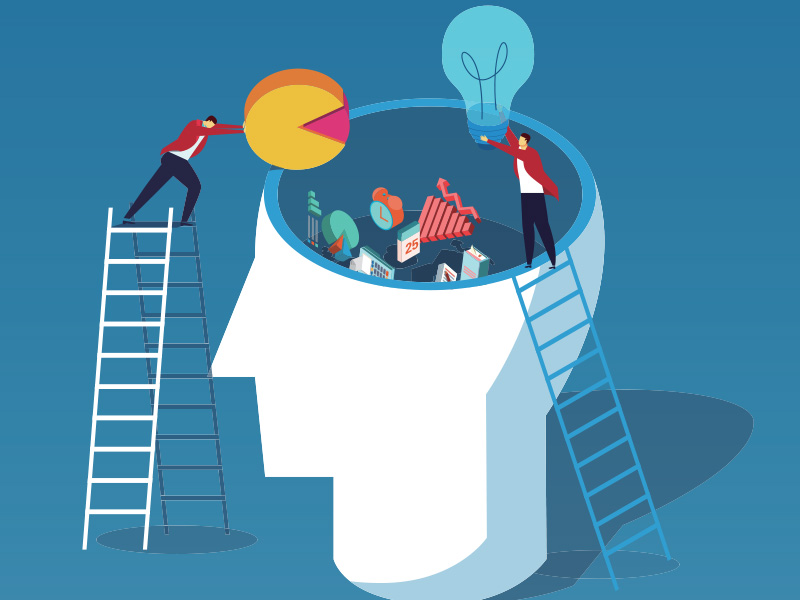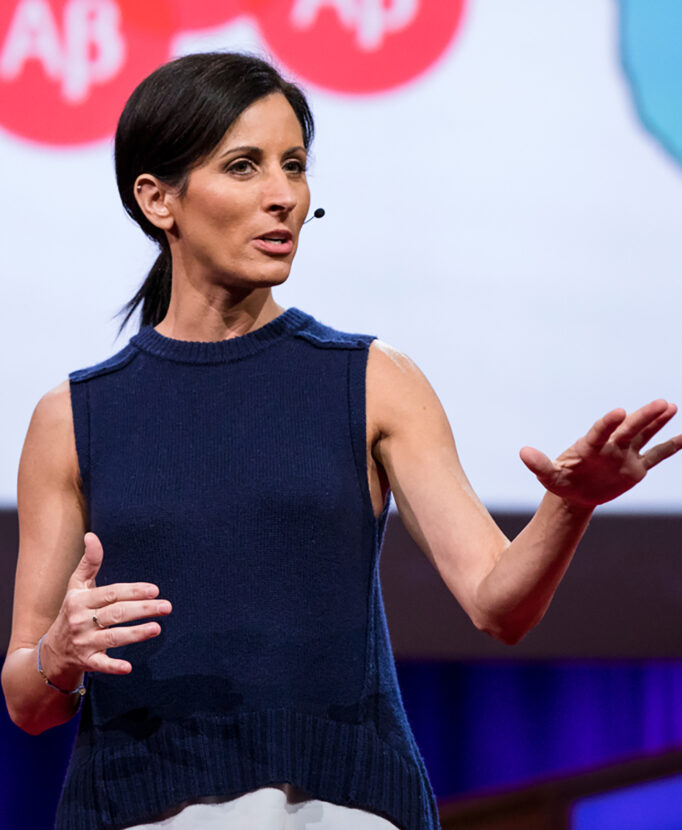Exclusive
Want a Better Memory? Pay Attention.
Neuroscientist and bestselling author Lisa Genova shares helpful tips and insights on how to improve memory by paying better attention.

I regularly drive from Boston to Cape Cod. About an hour into this trip, I cross the Sagamore Bridge, a four-lane, memorable structure. About ten minutes later, I will often wonder, “Wait, did I already go over the bridge?” I’m on Cape Cod and have no memory of having driven over that enormous bridge.
How could this happen? My eyes were open. The visual information made its way into my visual cortex. My brain saw the bridge. And it’s not as if I’m now asking my brain to recall something from thirty years ago. I drove over the bridge only ten minutes ago!
But I can’t recall the experience of driving over the bridge because this memory was never created in the first place.
The first necessary ingredient in creating a memory that lasts longer than this present moment is attention. Your memory is not a video camera recording a constant stream of every sight and sound you’re exposed to. You can only remember what you pay attention to. Because I’ve crossed that bridge hundreds of times, and so it wasn’t new, surprising, emotional, or meaningful to me (elements that would prompt my brain to pay attention and make a memory), and because I was probably listening to an audiobook or lost in thought, I wasn’t paying any particular attention to the bridge. And without attention, no memory can be formed.
This is why so many of our things go missing. We forget where we put our phones, keys, and glasses not because we’re about to be diagnosed with Alzheimer’s, but because we’re not paying attention. Similarly, you can’t remember the name of the person you just met, what your spouse told you five minutes ago, or where you parked your car without the neural input of attention.
But paying attention isn’t easy. Your default brain activity is not attentive. Your inattentive brain is zoned out, daydreaming, on autopilot, and full of constant background, repetitive thinking. And in today’s world, our lives are plagued by distraction. Your smartphone, social media, e-mails, and text alerts are all attention thieves and, by extension, memory thieves. How can we get better at paying attention—and thereby improve our ability to remember?
Being Present
This may sound simple and obvious, but living it is hard for most of us. Is your brain available to attend to what’s happening right now? Or are you multi-tasking, thinking about what you have to do later, thinking about what you’re going to say next, or texting while someone is talking to you? Divided attention while your brain is trying to create a memory will significantly reduce the likelihood that this will happen. The next time you place your phone down on the kitchen counter, give this location a moment of your conscious attention, and you’ll have no problem later remembering where you put it. Yoga, mindfulness, and meditation are great ways to give your brain practice at staying focused in the present moment.
Sleep
Sleep is critical for optimal memory. The information and experiences you paid attention to get consolidated into long-term memories while you sleep. Your glial cells (the sewage and sanitation department of your brain) clear away amyloid beta while you sleep, reducing your risk of developing Alzheimer’s. With respect to attention, if you don’t get 7-9 hours of sleep tonight, your ability to pay attention tomorrow is going to be sluggish, and so your ability to form new memories is going to suffer. Getting enough sleep ensures that your frontal cortex neurons are active and ready for duty, empowering you with the attention you need to encode new memories.
Caffeine
By enhancing your ability to pay attention, caffeine can facilitate the formation of new memories. But be mindful of when you drink your last latte of the day. You don’t want to offset any potential benefits from coffee or tea by losing sleep tonight. Adenosine is a neuromodulator that inhibits arousal and causes drowsiness. Adenosine levels in the brain rise gradually throughout the day and at its peak, is one of the factors that causes you to fall asleep. Caffeine interferes with adenosine, which is great for feeling awake at noon, not so much at midnight.
“But I don’t drink coffee at midnight.” Caffeine has a half-life of about five hours. Half-life is the amount of time it takes for a quantity of a substance to be reduced to half the original amount. So if you consume 64 milligrams of caffeine in your one ounce cup of espresso at 7 PM, you’ll still have 32 mg of caffeine in your system at midnight, potentially inhibiting the sleep-inducing actions of adenosine. Since we know that 7-9 hours of sleep is critical for brain health, memory, and reducing your risk of Alzheimer’s, I recommend drinking your coffee earlier in the day.
Events aren’t easy, but working with WSB is. WSB works with thousands of respected influencers, thought leaders, and speakers each year and our experienced sales team is committed to the success of your event. For more speaker ideas, please contact us.
